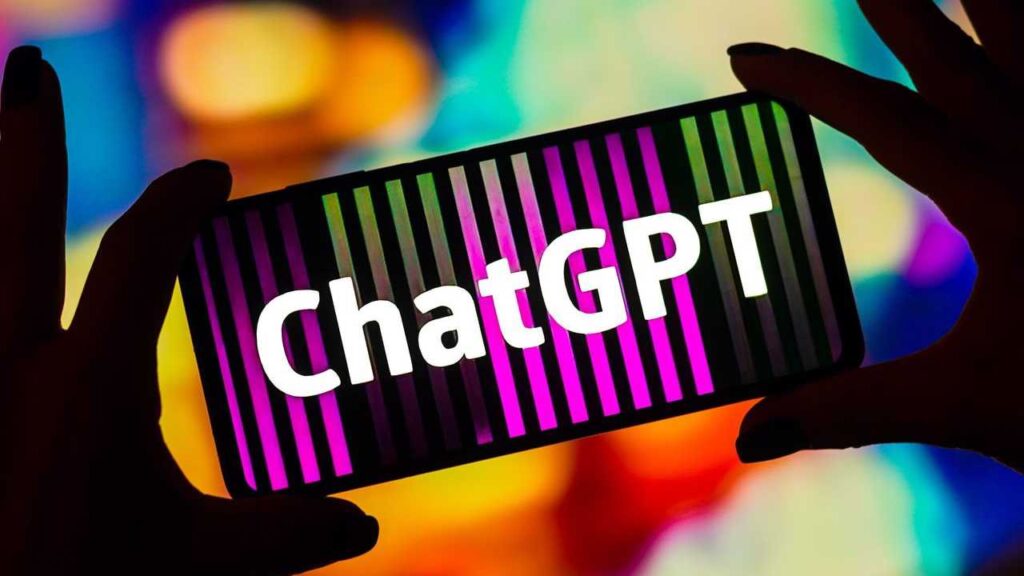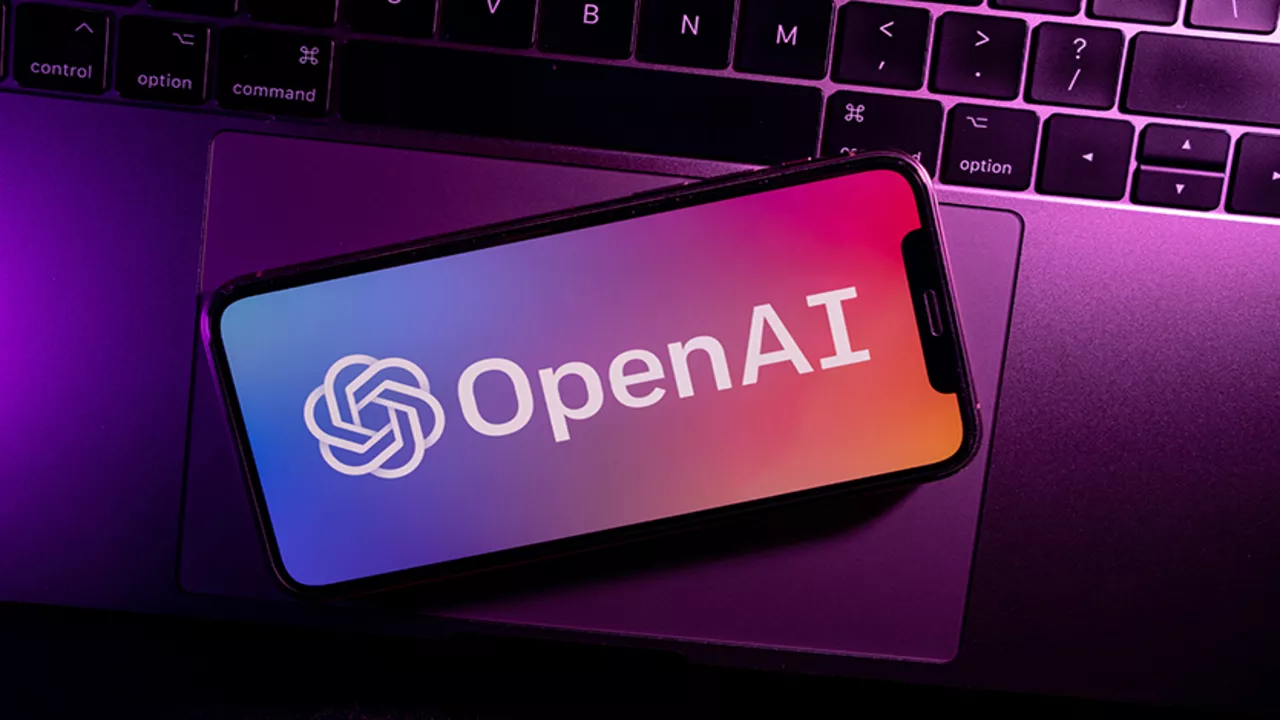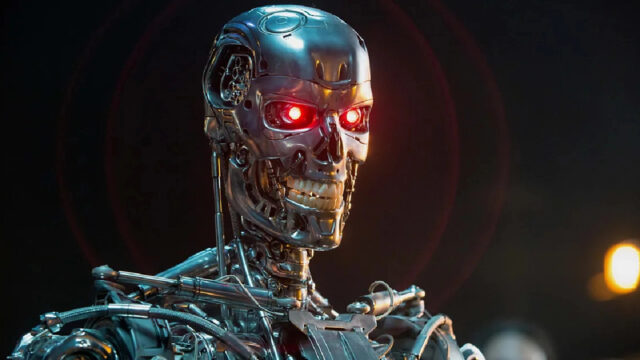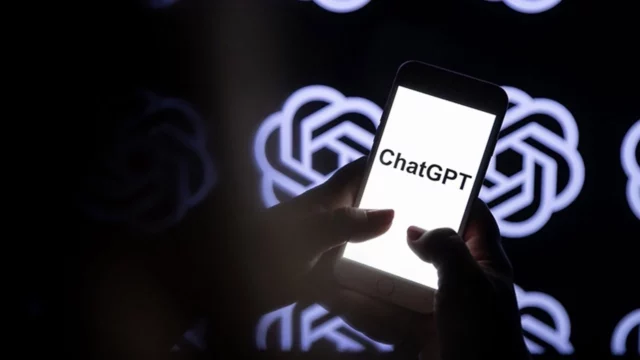OpenAI, accused of copyright infringement for its ChatGPT artificial intelligence assistant, emerged victorious from the lawsuit filed by three authors: Sarah Silverman, Michael Chabon, and Paul Tremblay. In an American court, it was declared that there was no evidence that ChatGPT engaged in content theft through its language algorithm.
OpenAI Emerges Victorious from the Lawsuit
The authors, however, reacted to this decision, alleging that OpenAI had violated their copyright and gained unfair profits. However, due to ChatGPT’s transformation of the authors’ sentences into different forms rather than directly quoting them, providing evidence of copyright infringement became challenging. OpenAI leveraged this advantage during the legal process, benefiting from the absence of any data that could serve as evidence in court.

The authors’ claim that the extent of the damage they suffered cannot be precisely determined further complicates the prospects for a lengthy legal battle. Additionally, the lack of complete understanding of ChatGPT’s operational principles eliminates the possibility of presenting valid evidence of how such copyright infringement occurred.
Following the conclusion of the lawsuit, OpenAI officials stated that they would not cease using copyrighted content. They argued that such content plays a crucial role in various fields and is necessary for training artificial intelligence models.
What are your thoughts on this matter? What should OpenAI do, in your opinion? Feel free to share your opinions with us in the comments section below. Your feedback is valuable to us.














